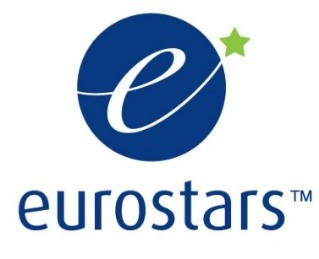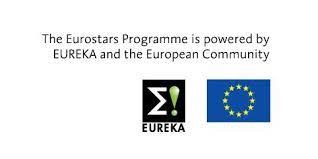Optical Coherence Tomography to revolutionize bladder cancer imaging and diagnostics
On Wednesday October 15th the Eurostars project OCT-DETECT started with an online Kick-off meeting. Within this project, the consortium will deliver a novel, real-time imaging tool to provide superior bladder cancer (BC) diagnosis, which will ultimately improve the chance of BC survival. The product, an Optical Coherence Tomography (OCT) catheter and an OCT-microscope, will decrease the chance of misdiagnosis and unnecessary painful surgeries for BC patients and can easily be integrated into the current clinical workflow. In this project, we will deliver and validate the OCT catheter and perform a first-in-human feasibility study.
BC affects ~2.7M patients worldwide and has 50-90% recurrence rate, making it a lifelong disease. Current BC diagnostics are suboptimal as 30% of the time cancerous tissue remains undetected and 36-52% of the time healthy tissue is mistaken for cancerous tissue. As a consequence, BC is associated with a high number of unnecessary deaths (worldwide 160,000 yearly) and invasive surgeries. There is an unmet need for an accurate diagnostic tool to improve current clinical practice in BC diagnosis.
The consortium aims to close license deals with large medical device companies for commercialisation of the OCT catheter, resulting in revenues for the consortium partners via upfront milestone and royalty payments. An early adopter program with 10 urologists from NL, DE, UK, DK, ES and FR after the Eurostars project will demonstrate its clinical utility, a requirement for negotiating such deals. Cumulative profits for the consortium are forecasted at €203M within 5 years after project’s end.
The consortium consists of 4 partners: Scinvivo, Luxflux, The Amsterdam UMC, and the Eberhard-Karl- University Tübingen. Scinvivo is an R&D company with a mission to improve current bladder diagnostics with new imaging technologies. LuxFlux is a R&D company with a mission to discover the invisible by optimizing current optics technology with special software and camera systems for microscopy solutions. The Amsterdam UMC is one of the largest hospitals and research centres in the Netherlands The department of Biomedical engineering and physics that is involved in this project has a long track record of high-impact publications within OCT research and is experienced in translating research from the lab to the clinic. University Hospital Tübingen as part of the Eberhard-Karl- University Tübingen is one of the 33 university hospitals in Germany that contribute to the successful combination of high-performance medicine, research and teaching. The hospital has first-class global expertise at its disposal in the field of urologic surgery, and is one of the most renowned centres for benign and malignant diseases of the prostate gland.


